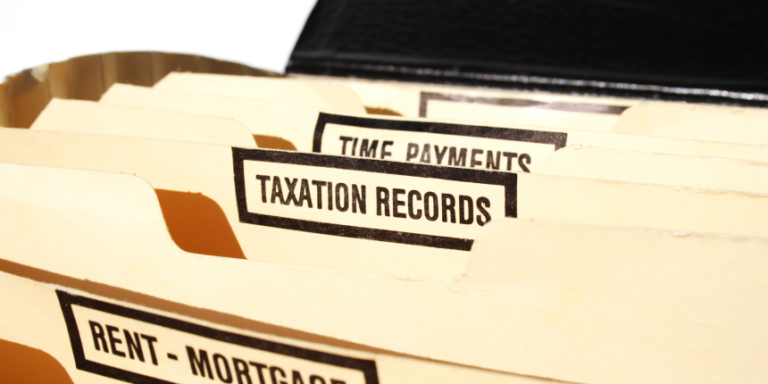For example, for those living in Texas, you will need to know who the best credit repair services in Dallas, Texas are if you want to get fair representation, or when understanding whether or not banks help with credit repair in your state.
State Laws That Regulate Credit Repair
Many states stipulate that credit repair firms need to have a state-licensed attorney on staff. A credit repair attorney will have the legal authority to practice in your state and make any disputes on your behalf. By checking out such elements, you can ensure that the credit repair company you select is legitimate. If you find that the company does not have a state-licensed attorney on its payroll, think twice about using the service, because it could be a scam.
Most states also require that a credit repair company be bonded to work for clients residing in that particular state. This is something you need to know, especially if trying to understand if it is bad to have a lot of credit cards.
A state may outline legally required disclosures and disclaimers, including standards for advertising and claims that can be made when engaging in sale calls. In addition, jurisdictions may establish specific systems for assessing fines and other punishments if a credit repair company breaks the law.
The Fair Credit Reporting Act
The Fair Credit Reporting Act (FCRA) is a piece of legislation that was introduced in the 1970s and streamlines the credit repair process. Small-sized companies started providing consumer credit histories by issuing summary reports in the 1960s that helped banks make lending decisions. However, people found that these reports were not always accurate and were affecting their ability to qualify for loans. As a result, the federal government stepped in and took measures to regulate credit reporting.
Consumer’s Rights as Stipulated Under the FCRA
FCRA limits who can view an individual’s credit report. According to FCRA, credit institutions and other authorized organizations can view an individual’s report for the following reasons:
- Court cases
- Insurance purposes
- Loan and credit applications
- Bank closures
- Employment
Other Important Elements of the FCRA
In most cases, one must give a company permission in advance before reviewing their credit report. Even when you apply for a loan, you must first give the chosen creditors authority to pull your information. FCRA limits what items or statements creditor review firms can include in your credit report, what kind of information gets listed in your account, and how long it stays there.
The FCRA guarantees consumers the right to accuracy. Credit reporting agencies need to take every step possible to ensure the information in individuals’ reports is accurate.
Within the credit repair process highlighted in FCRA, consumers have the right to submit a dispute or question the accuracy of a reported item. Once this happens, the bureau has thirty days to verify or remove the item.
FCRA guarantees consumers the right to know or be made aware of what is in their report. The legislation also gives individuals the right to obtain a free annual credit report from each credit bureau. Lastly, FCRA includes a fraud alert process so consumers can prevent fraud if their identity is compromised.
In Summary
Credit repair is the process of rebuilding or improving your credit score after it has been damaged by financial setbacks, poor spending habits, credit reporting errors, and identity theft. While there is no denying that credit repair is a favorite tool of con artists, the process is legal.
It’s best to work with a legitimate repair company such as The Phenix Group, which will know the ins and outs of the industry and how best to repair your credit status.

